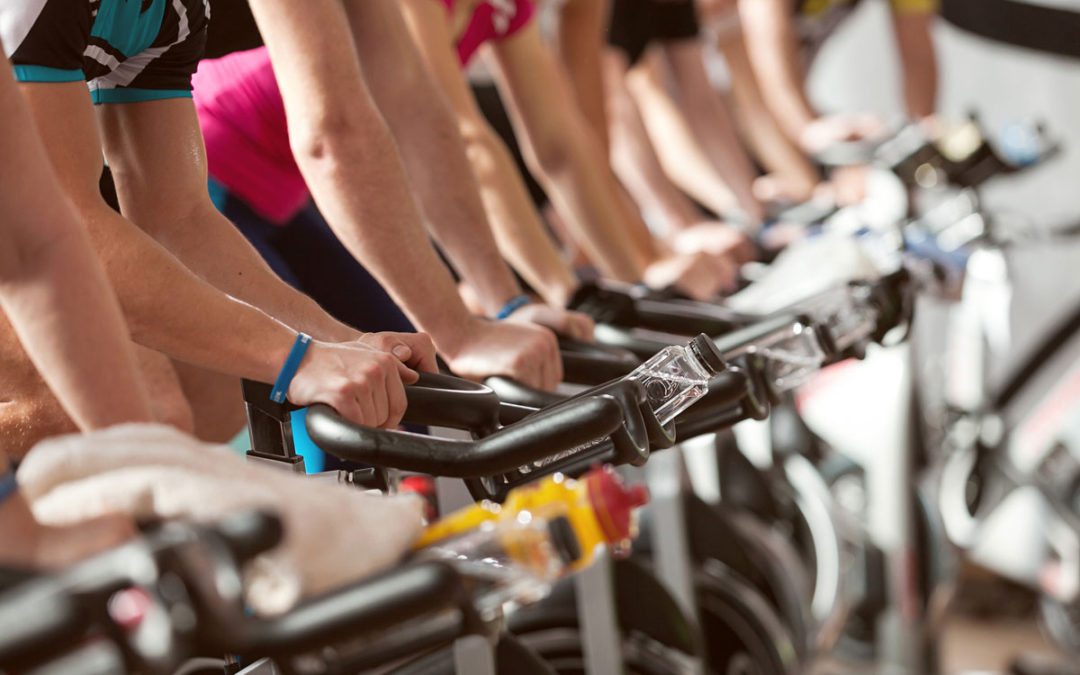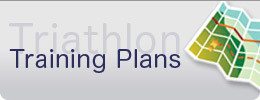We All Want to Get Better This Year…Right?
January is an exciting month as we set off on a path to improve ourselves. As one of my past yoga instructors used to say, “No one wants to start the New Year and get worse during the year.” We all want to get better.
Gym memberships are a perfect example. At the beginning of the new year, the gym is more busy, group classes fill up and the locker rooms are crowded. Unfortunately, the excitement and the resulting actions to make improvements taper off in February and March as gym attendance slowly drifts back to normal.
The same thing can happen with your triathlon or run training. Picture this: It’s cold outside so you meet with friends to do hard indoor training sessions three times per week. Or, there’s a local trail running series so you do a running race every other weekend. Or, maybe you decide to swim 50,000 meters (or 100,000 meters) this month. I’ve been guilty of all of the above (well, except the swimming).
The training can be motivating but also be too much, too soon. The same principles of what not do in the off-season, apply to the early season, especially “shining like a star” in February (i.e. peaking) when your triathlon racing season doesn’t start until May or June.
Here are four tips to help you continue to get better this year while maintaining consistent action in the early triathlon training season:
- Stick to a Plan – It’s ok to not pick up where you left off last season. When you see lower volume and slower efforts in your training plan, respect the purpose workouts and don’t go overboard. It’s OK to do group indoor trainer rides and group classes but it’s not necessary to push yourself as hard as you can every single workout (which tends to be the focus of many gym-led classes). In general, try to end each workout without completely emptying the tank, and this is particularly true through January and February. There is no need to go crush every ride in January when your first race isn’t until June. Even if you don’t experience overtraining or mental burnout later in the season, ramping up your efforts too quickly after an off-season can lead to injury and will undoubtedly mess up you coach’s plan for a carefully timed peak.
- Focus on Weaknesses – Since you don’t need to be doing as much training volume in January as you do later in the season, the winter months are an ideal time to focus on technique and form because you have more time and going fast now isn’t the priority. Spend an extra hour in the gym every week doing 8-10 of these strength exercises, get a run gait analysis or bike fit or sign up for a swim lesson with a coach who can give you immediate and direct feedback. Good form will increase your efficiency, making you faster without having to exert as much effort as before. This is also the time of year to refocus on your weakest sport. If swimming has been a struggle for many years, consider taking a few weeks to really make some improvements by getting in the pool more frequently. This may mean that you need to dial back the run and bike training a bit.
- Set Mini-Goals – If you are in a cold-weather location, chances are your first triathlon isn’t until May at the earliest unless you plan to travel to a race. Between now and then, set markers (or progress checks) you want to hit during training or by doing a smaller race like a 5k run. Seeing small, incremental successes will show you that you are making progress and help you trust the process. In our triathlon and run training plans, we have athletes complete field tests to every 3-4 weeks to evaluate progress and update training zones in swimming, biking, and running.
- Pace Yourself – Training is similar to competing in a race because you need to pace yourself and do frequent check-ins with how you are feeling. If you push too hard in January you may reach peak fitness too early in the season or you may just grow tired of the training regiment mid-season. Even though you are excited to return to training and you feel energized from the off-season, don’t skip your rest days or recovery weeks in the early months. They will help keep you feeling fresh later on.
Good luck and happy training!
David
—
 Coach David Glover, MS, CSCS has completed 28 IRONMAN distance triathlons, which includes two sub 9 hour finishes and winning Vineman Full twice. Now, David’s passion now is helping triathlete and other endurance athletes achieve their dreams through his online triathlon education and training company, ENDURANCEWORKS. David has an MS in Exercise Physiology and is certified as a coach by IRONMAN Triathlon, USA Triathlon and USA Cycling plus has his CSCS from NSCA. After six years of living, training and coaching in the triathlon mecca of Boulder, CO, David currently resides in Southern California.
Coach David Glover, MS, CSCS has completed 28 IRONMAN distance triathlons, which includes two sub 9 hour finishes and winning Vineman Full twice. Now, David’s passion now is helping triathlete and other endurance athletes achieve their dreams through his online triathlon education and training company, ENDURANCEWORKS. David has an MS in Exercise Physiology and is certified as a coach by IRONMAN Triathlon, USA Triathlon and USA Cycling plus has his CSCS from NSCA. After six years of living, training and coaching in the triathlon mecca of Boulder, CO, David currently resides in Southern California.


